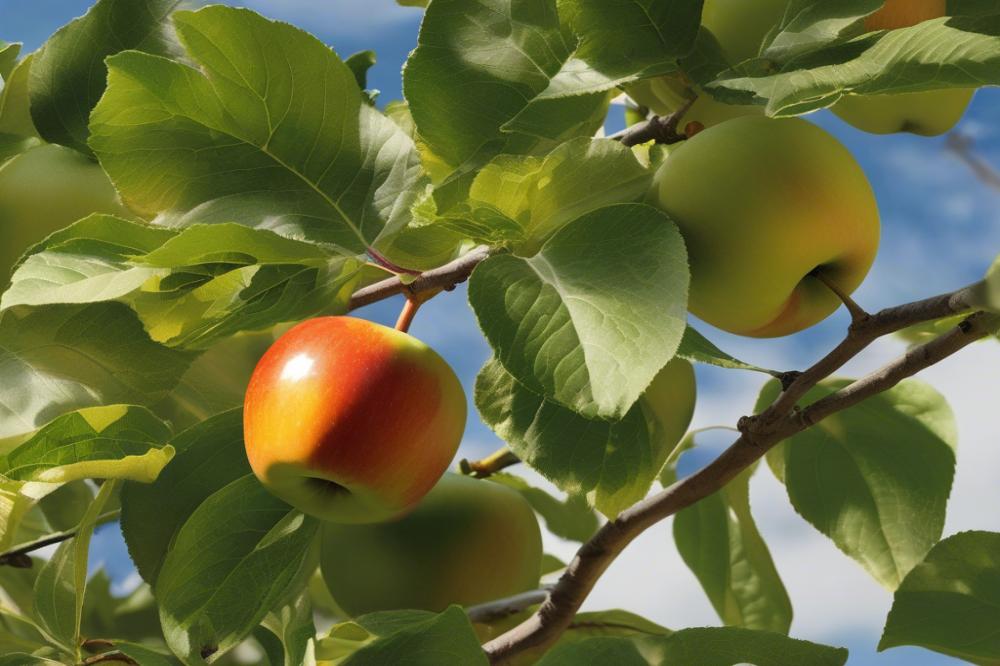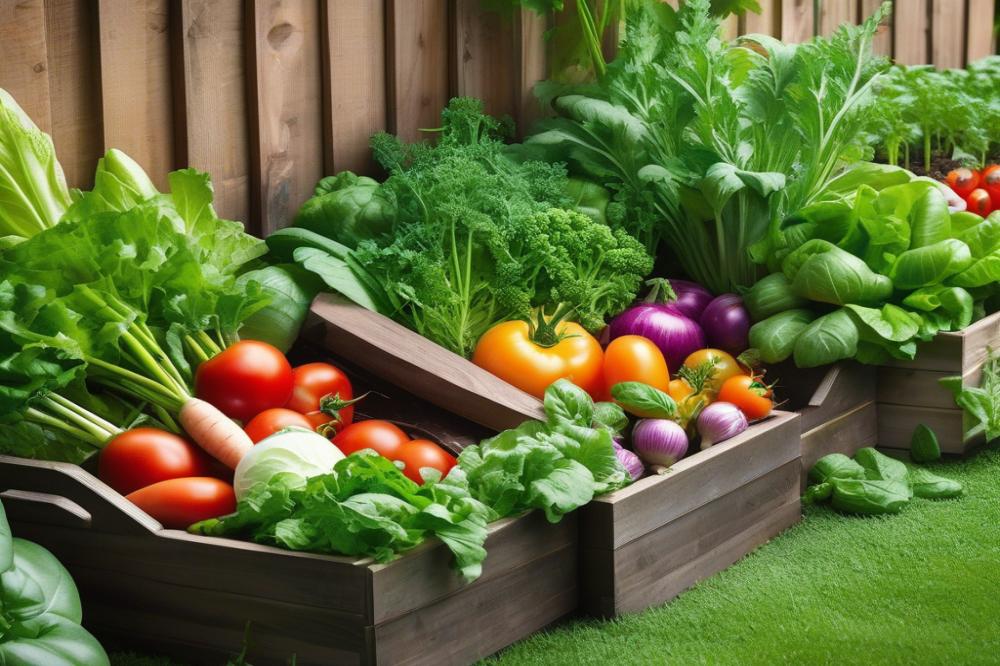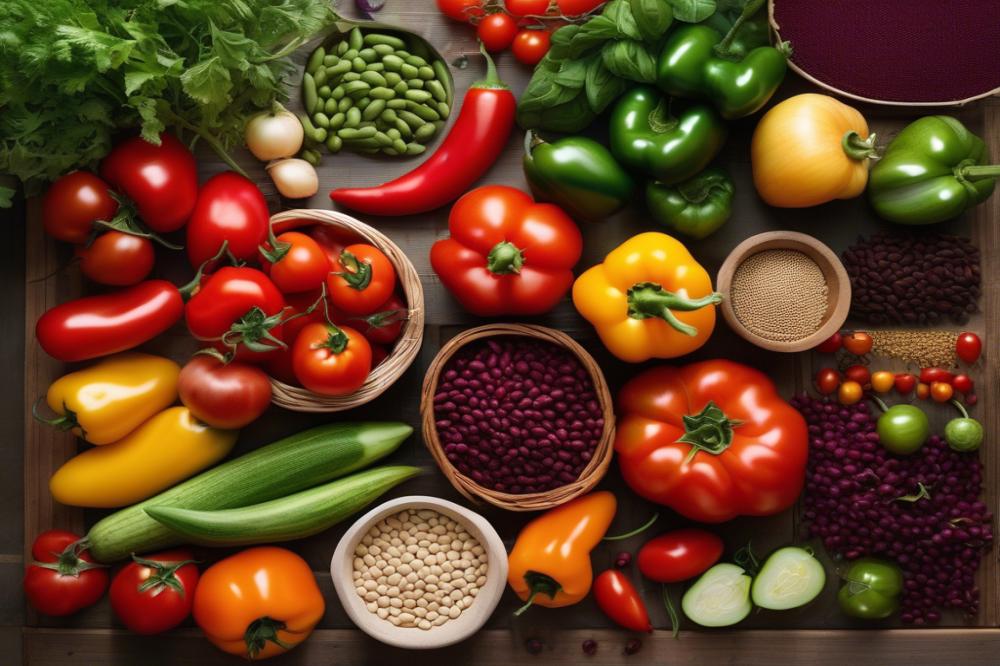Introduction
The Cox’s Orange Pippin stands out as a cherished heritage fruit in the United Kingdom. Its rich history is entwined with the development of apple cultivation. This variety has played a significant role in the country’s apple legacy and provides a glimpse into the evolution of fruit varieties over centuries.
As one of the most beloved apples, it appeals not only to commercial growers but also to home gardeners. The flavor profile of this particular apple is complex, offering a harmony of sweetness and acidity that satisfies many palates. With these qualities, it attracts those who appreciate horticulture and the craft of growing heirloom varieties.
The Cox is frequently used in discussions about sustainable agriculture, as its cultivation practices often prioritize environmental health. Many enthusiasts admire how this apple captures the essence of UK apple history. It showcases the dedication of generations of apple breeders striving to create exceptional fruits.
In apple orchards across the nation, this heritage apple continues to flourish. Its unique characteristics help foster a deeper appreciation for traditional cultivation methods. Home gardeners find joy in nurturing these trees, knowing they are part of a long-standing legacy that celebrates the value of quality fruit.
The Origins of Cox’s Orange Pippin

The story of the Cox’s Orange Pippin begins in the 19th century. A horticulturist named Richard Cox was the man behind this remarkable apple. He created it in the 1820s, specifically in the village of Colnbrook, located near London. This region is significant because it was known for its fertile land and apple orchards, creating the perfect environment for apple cultivation.
Richard Cox was not just an enthusiast; he was a pioneer in apple breeding. His passion for growing fruit varieties led to the development of the Cox’s Orange Pippin. The apple’s distinctive flavor profile quickly gained attention. Known for its balance of sweetness and acidity, it stood out among other varieties of the time. This apple would eventually become a staple in UK apple history.
Colnbrook’s rich soil and climate contributed to the success of Cox’s breeding efforts. Such conditions provided an ideal place for developing heirloom varieties that can thrive in a range of environments. By experimenting with different types of apple breeding techniques, he laid the foundation for sustainable agriculture practices that are still relevant today. The significance of his work continues to resonate in modern horticulture.
As time passed, the Cox’s Orange Pippin became emblematic of heritage fruit in the UK. The apple’s storied past links it to an important chapter in fruit-growing history. Across generations, this apple has captured interest not only for its flavor but also for its historical value. Many gardens and orchards across the UK boast this celebrated fruit, making it a revered part of the country’s agricultural heritage.
Today, many growers are dedicated to preserving such precious varieties. This focus on maintaining heritage fruit ensures that future generations can enjoy the rich taste and history of apples like the Cox’s Orange Pippin. By valuing these apples, we keep alive the traditions of apple cultivation that began with Richard Cox’s vision in the 19th century.
Flavor Profile and Characteristics

The Cox’s Orange Pippin is celebrated for its distinctive flavor. Sweetness plays a significant role in its overall taste. It balances beautifully with a level of acidity that adds complexity. This combination creates an exciting eating experience for those lucky enough to enjoy them.
A subtle floral aroma greets users even before the first bite. Notes of honey and citrus enhance its character. The aroma is a precursor to the intricate flavor that lingers on the palate. Consumers often find themselves captivated by its rich and refreshing essence.
When examining texture, the contrast is noteworthy. A firm bite gives way to a juicy and tender pulp. Each piece bursts with flavor, leaving a runner of juice on the tongue. This contrast amplifies its appeal, making it a favored selection in many apple orchards across the UK.
In comparison to other fruit varieties, this apple stands out. While many apples offer a more straightforward sweetness, the Cox’s offers a whole palette. Other heirloom varieties may share some similar traits, yet they often lack the same depth. Many people interested in apple breeding admire this particular cultivar for its unique complexity.
The heritage fruit of the Cox’s Orange Pippin has roots in UK apple history. Farmers have cultivated this variety for generations. Sustainable agriculture practices play a vital role in preserving its cultivation. Orchardists understand that maintaining such varieties can contribute to ecological diversity.
Explorations into its flavor profile reveal great similarities and differences with other apples. Some may opt for more tart choices, while others favor sweeter options. An understanding of these nuances can enrich the experience for those who enjoy apple tasting events.
Ultimately, the Cox’s Orange Pippin represents a rich legacy in horticulture. Enthusiasts often seek this variety for both eating and cooking. Its robust characteristics make it ideal for pies and sauces. When sourced from heritage orchards, the experience can be truly memorable.
Cultivation Practices for Home Gardeners

Growing apples can be a rewarding and enjoyable hobby. Cox’s Orange Pippin offers a flavor profile that many find delightful. When it comes to cultivating this heritage fruit, several factors need consideration. Proper soil preparation is essential. Aim for well-draining, loamy soil enriched with organic matter. A pH level between 6.0 and 7.0 works best. Testing your soil before planting can lead to a fruitful harvest.
Sunlight plays a crucial role in the health of the tree. Select a planting site that receives full sun for at least six hours daily. This variety thrives in bright conditions. If planting in the shade, the apples may not develop their characteristic flavor. Additionally, good air circulation around the tree prevents diseases, promoting better growth.
Watering practices are vital for ensuring a successful crop. Apples require regular watering, especially during dry spells. Drip irrigation or soaker hoses can help maintain consistent moisture levels. Avoid over-watering as it can lead to root rot. A balanced approach to moisture is key.
In terms of apple breeding, home gardeners might want to explore grafting techniques. This process allows for creating new fruit varieties from existing trees. By grafting, you can combine the qualities of different plants. Consider using established rootstocks for better disease resistance and growth control.
Sustainable agriculture methods help create healthy ecosystems. Techniques such as crop rotation and interplanting can enhance soil health. Additionally, using organic fertilizers and mulching can promote biodiversity in your garden. A focus on ecological practices will contribute positively to your apple orchards.
Join the ongoing conversation about heritage fruit. Home gardening can foster awareness of UK apple history and its important varieties. Engage with local horticulture groups to share experiences and learn more. By growing heirloom varieties, you contribute to preserving genetic diversity. Appreciate the journey of cultivating these unique fruits, and enjoy the delicious rewards that follow.
Challenges and Considerations
Growing the Cox’s Orange Pippin can be rewarding, but it also presents specific challenges. Apple cultivation is not without its hurdles. Various pests pose threats to the health of orchards. Some common pests include aphids and codling moths, which can severely impact the fruit. Effective pest management strategies are vital for successful crops.
In addition to pests, diseases can also affect these heritage fruit varieties. Powdery mildew and apple scab are examples of fungal diseases that can spread quickly in humid conditions. Implementing proper disease control methods is essential for protecting trees from these debilitating issues. Regular monitoring and timely intervention can make a significant difference in orchard health.
Horticulture practices play a critical role in sustaining heirloom varieties like Cox’s Orange Pippin. It is important to maintain healthy orchards to prevent the decline of these cherished fruits. Soil health should be prioritized, as it directly affects trees and their ability to produce fruit. Nutrient-rich soil will lead to better flavor profiles and overall quality.
Modern apple breeding often favors high-yield varieties, which can put pressure on traditional options. This shift can endanger the existence of unique heritage apples. Supporting sustainable agriculture can help protect these varieties, ensuring they thrive in future generations. Conservation efforts are important to preserve the UK’s apple history.
Farmers must be educated on best practices for growing Cox’s Orange Pippin effectively. Crop rotation, organic fertilizers, and diligent pruning are all part of a holistic approach. Embracing such methods not only benefits the environment but also helps maintain the distinctive characteristics of this apple. With commitment and care, fans of this variety can continue to enjoy its rich legacy.
The Role of Cox’s Orange Pippin in Modern Horticulture
This famous apple has made a significant mark on apple cultivation. Its flavor profile is celebrated by gardeners and consumers alike. As a parent variety, it influences many new fruits developed through apple breeding. Notably, it contributes to the genetic diversity that is crucial for enhancing future varieties.
Breeders often reference its characteristics when creating new hybrids. The complexity of different tastes adds to the richness of fruit varieties available today. Many modern apples owe their sweetness or crispness to this heirloom variety. Thanks to its heritage, it serves as a benchmark in the industry.
In the UK apple history, few apples can claim such an important role. Cox’s Orange Pippin has shaped not just the taste but also the market for apples. Its popularity has led to an increased interest in preserving heirloom varieties. Many orchards now focus on growing heritage fruit to cater to local and sustainable preferences.
Farmers and horticulturists are more committed than ever to sustainable agriculture initiatives. By nurturing older varieties, they help maintain biodiversity in apple orchards. This practice ensures that the traditional flavors of fruits continue to thrive. Efforts to protect and promote these apples can help counteract the trend toward uniformity in farming.
There’s a growing movement to celebrate ancient fruits among consumers. People often seek out the distinctive taste of heritage apples like this one. More and more, they understand the importance of preserving these types for future generations. Interested growers are learning the value of traditional cultivation methods that support both the environment and local economies.
Final Thoughts: The Legacy of the Heritage Apple
The significance of Cox’s Orange Pippin within home gardening and the broader horticultural landscape is undeniable. This heritage apple has not only brightened gardens but also played a pivotal role in the evolution of fruit varieties. Its remarkable flavor profile and adaptability have made it a favorite among growers of all levels.
Gardeners should take the opportunity to explore the cultivation of this storied apple. Its ability to thrive in various conditions makes it an excellent choice for both beginners and seasoned horticulturists. Moreover, the rich history linked to this apple adds a layer of enjoyment to the growing process.
In addition, Cox’s Orange Pippin holds a cherished position in the heart of UK apple culture. The orchards that showcase this fruit are not just farms; they are living reminders of a time when diverse apple varieties graced every backyard and marketplace. This legacy inspires a new generation to appreciate and cultivate the fruits of the past.
As we continue to navigate modern agricultural challenges, embracing heritage apples offers a chance to connect with tradition. Every tree planted contributes to a larger narrative of sustainability and appreciation for what has come before. For home gardeners and orchardists alike, the path forward is clear—let this beloved apple lead the way.



